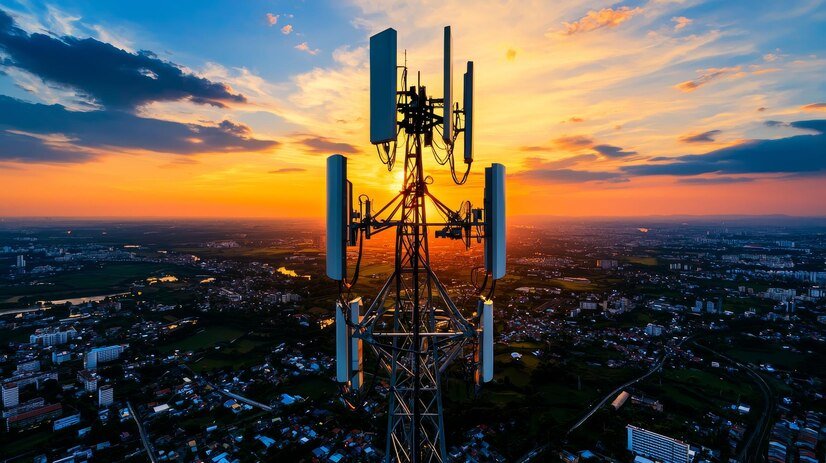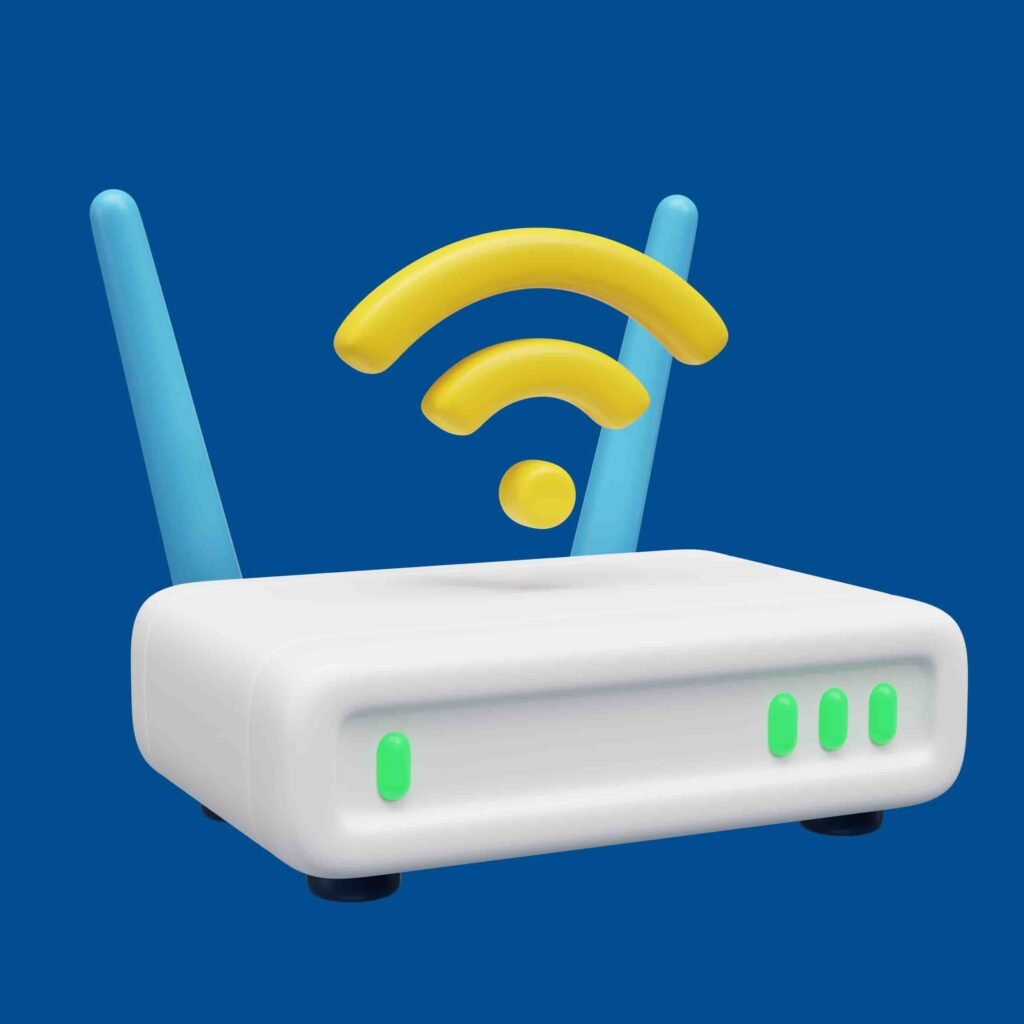
In the digital age, phone records have become an essential part of our daily life. These records are vital for checking your call history, data consumption, and bill verification. However, many customers are unaware of how long does verizon stores keep phone records their telecom providers, such as Verizon, retain these details. Knowing this information is important, especially if you need to access historical documents.
Types of Phone Records Verizon Retains
Verizon, like most telecommunications firms, retains various phone records. These records are divided into four categories: call logs, text message records, data consumption, and billing information.
a. Call Logs
Call logs contain details regarding missed, incoming, and outgoing calls. The phone numbers exchanged, the length of the call, and the time and date of the call are often recorded in these records.
b. Text Message Records
Text message records contain logs of SMS and MMS messages sent and received. These logs normally include the sender and recipient’s phone numbers and the date and time the message was sent or received, but not the message itself.
c. Data Usage
Data use logs reveal how much data has been used over time. This can include information about when data was utilized, how much data was used, and even the type of data (such as streaming or browsing).
d. Billing Information
Billing information includes detailed records of charges for services, including call charges, data usage, text messaging charges, and any additional fees.
How Long Verizon Stores Each Type of Record
Verizon has specific retention policies for each type of record. These policies are influenced by both legal requirements and company policy.
a. Call Logs Retention Period
Long does verizon stores keep phone records typically retains call logs for a period of one year. This means that records of your calls—whether incoming, outgoing, or missed—are stored and accessible for up to one year.
b. Text Message Records Retention Period
Text message logs, which include the date, time, and numbers exchanged, are also kept for approximately one year. However, it is crucial to remember that Verizon does not preserve the content of your text conversations during this time; only the logs are kept.
c. Data Usage Retention Period
Data use logs are typically maintained for up to a year. These records show how much data you’ve consumed over time but don’t specify what information you accessed.
d. Billing Information Retention Period
Billing information is kept for a longer time, usually around seven years. This is due to legal and financial considerations, as billing data may be required for audits, disputes, or tax purposes.
Legal Requirements and Compliance
Verizon’s retention policies are not just a matter of company preference; various legal requirements at both the federal and state levels also shape them.
a. Federal Laws
In the United States, federal regulations mandate telecom firms to keep specific records for predetermined periods. For example, the Federal Communications Commission (FCC) requires carriers to maintain billing records for at least one year.
b. State Laws
State laws can also affect how long phone records are kept. Some states may have stricter regulations, requiring longer retention periods for certain types of records.
c. Court Orders and Subpoenas
Verizon may have to keep records for longer than usual in response to subpoenas or court orders. Given that our present legal systems require paperwork for proof, this could be the case.
How to Access Your Verizon Phone Records
If you need to access your phone records, Verizon offers several methods to do so.
a. Online Access via My Verizon
The My Verizon website provides the most convenient access to your phone records. Here, you can see your call history, data usage, and billing information. This portal normally provides access to records up to a year old.
b. Requesting Records Through Customer Service
If you need records that are not available online, you can contact Verizon’s customer service. They can provide records beyond what is available online, though there may be a fee for retrieving older records.
c. Legal Access to Records
In some cases, legal authorities may need to access your phone records. This typically requires a court order or subpoena, and Verizon will comply with such legal requests within the bounds of the law.
Why You Might Need Your Phone Records
There are several reasons why you might need to access your phone records.
a. Legal Reasons
Phone records can be critical in legal cases, especially in situations involving disputes over calls or messages. For example, they can be used to prove or disprove the timing of communications.
b. Personal Reference
You might need to access old phone records for personal reasons, such as verifying a call or text message from a specific date.
c. Security Concerns
In cases of security breaches or unauthorized use of your phone, records can help you track down when and where the breaches occurred.
Privacy Concerns and Data Security
With so much sensitive information stored, privacy and data security are significant concerns.
a. How Verizon Protects Your Data
Verizon employs multiple security measures to protect your data, including encryption, secure storage systems, and stringent access controls.
b. Risks of Data Breaches
Despite these safeguards, no system is impervious to breaches. However, Verizon has protocols in place to respond swiftly in the event of a breach to minimize any potential damage.
Alternatives to Verizon for Record Keeping
While Verizon keeps records for a limited time, you might want to consider additional methods for keeping your records.
a. Third-Party Apps
There are third-party apps available that can help you keep more detailed records of your calls, messages, and data usage. These apps can store records beyond Verizon’s retention period.
b. Cloud Storage
Cloud storage services can be used to back up your phone records. This ensures that you have access to your data even if Verizon’s records are no longer available.
What Happens When You Switch Carriers?
Switching carriers raises questions about what happens to your old phone records.
a. Retention of Old Records
When you switch from Verizon to another carrier, Verizon will still retain your records according to their retention policy, but you will lose direct access through their online portals.
b. Transferring Records to a New Carrier
Records are typically not transferred to a new carrier. If you need old records, it’s important to request them from Verizon before your account is closed.
Conclusion
Understanding how long Verizon keeps phone records might help you make informed decisions about your information. Whether you require these documents for legal purposes, personal reference, or security, knowing the retention periods and how to access them is critical. Verizon’s retention rules are intended to meet legal requirements while maintaining consumer privacy. Suppose you require records in addition to those kept by Verizon. In that case, other options are available to ensure you have the necessary information.
FAQs
- How can I access my Verizon call logs?
You can access your call logs through the My Verizon online portal or by contacting customer service. - Does Verizon store the content of text messages?
No, Verizon does not store the content of text messages, only the logs. - How long are Verizon billing records kept?
Verizon typically retains billing records for about seven years. - Can Verizon records be used in court?
Yes, phone records can be used in court, often requiring a subpoena to be accessed.
What happens to my records if I switch carriers?
Verizon will retain your records according to their retention policy, but you will no longer have direct access once you switch carriers.

